Charming Cottage Standouts in Crown Heights
This row on Prospect Place was built as speculative houses, among the very last single-family homes to be built in the neighborhood in the 1920s.

Editor’s note: This is an update of a story that ran in 2015. Ready the original here.
We visit this row of charming little cottages in my Crown Heights North walking tours, and I am always asked if they were built as servants’ quarters for the now-vanished mansions of St. Marks Avenue, which is right behind this block.
No, they weren’t. The earliest owners of these houses at 935 to 947 Prospect Place would probably have been highly offended at the suggestion. After all, they themselves were of more-than-moderate income, had domestic help and were fixtures in Brooklyn’s society pages.
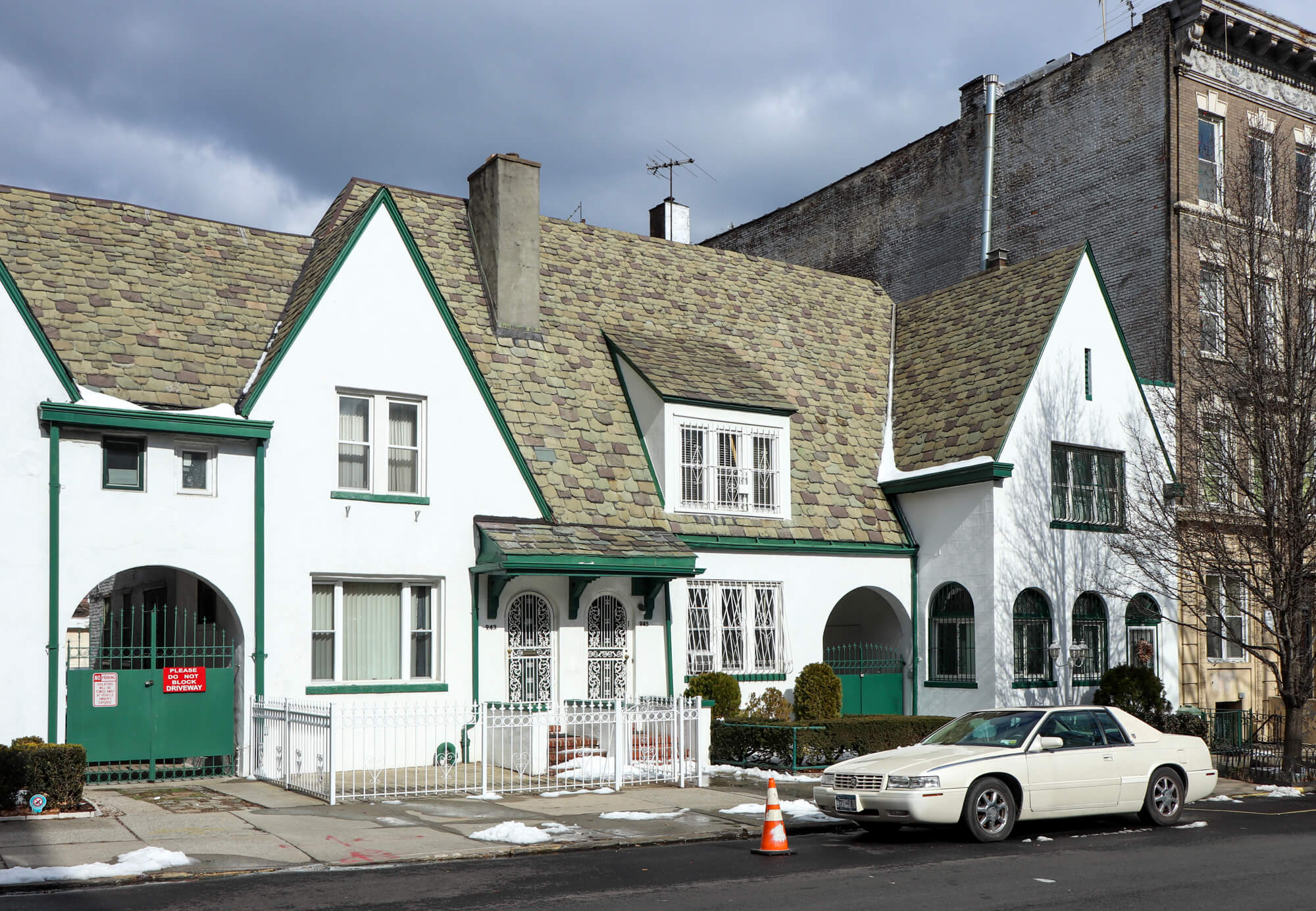
A Row of Speculative Housing
Alas, the more mundane truth is that these were simply speculative houses, among the very last single-family homes to be built in the neighborhood. But wouldn’t it be great if all spec houses were like this?
These types of homes are rare in urban row-house neighborhoods like Crown Heights, but aren’t so out of place in suburban Queens communities such as Hollis, St. Albans and Addisleigh Park.
American residential architecture in the late teens and early 1920s took a turn from the Colonial Revival and embraced a romanticized English cottage/Medieval townhouse phase. From this we get everything from large suburban Bankers Tudors to storybook cottages, as well as half-timbered stuccoed urban apartment buildings.
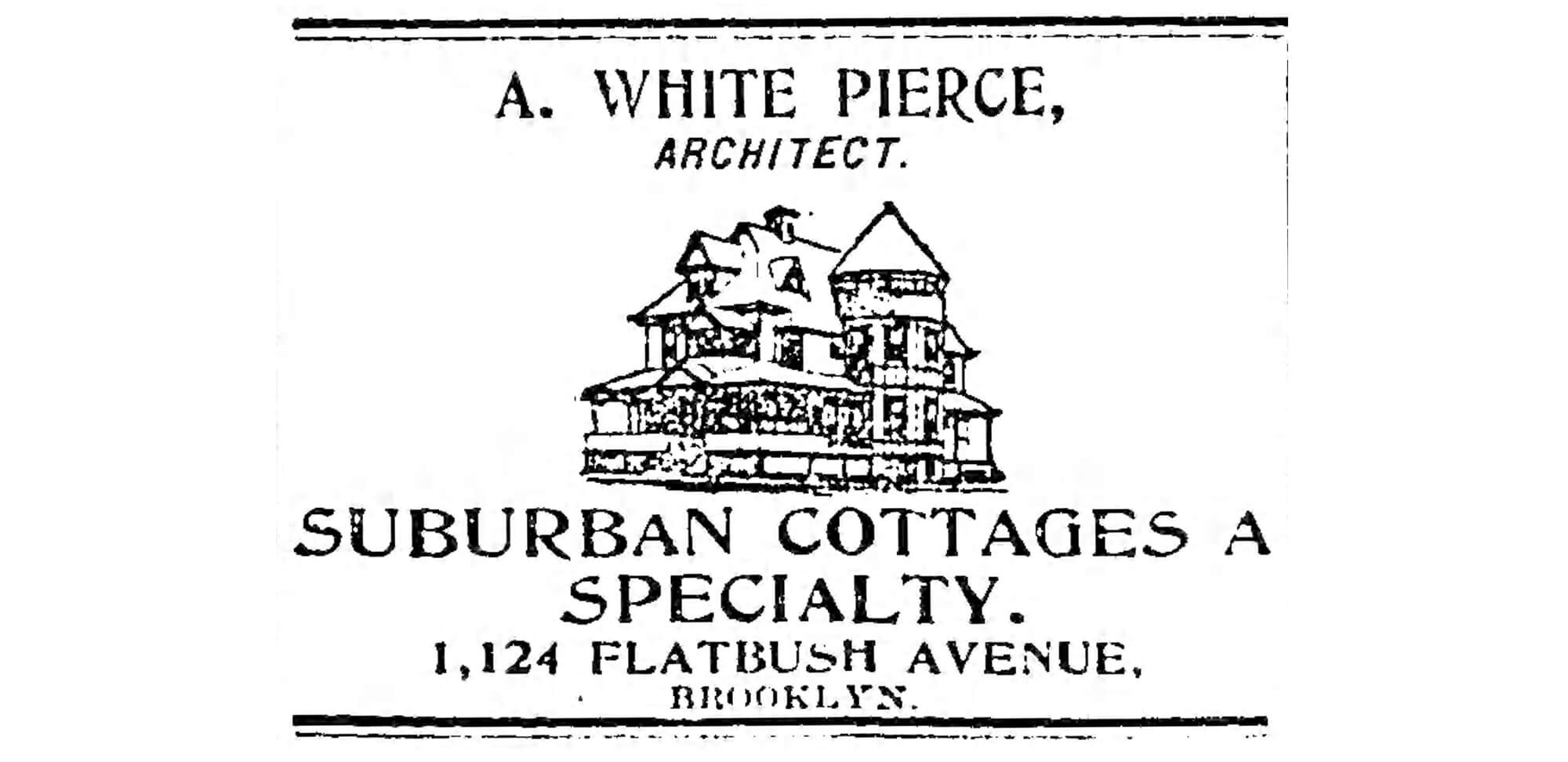
The Architecture of an Urban Cottage
Architect A. White Pierce was right in the middle of this stylistic craze, designing houses in Queens, suburban Flatbush and elsewhere.
The cottages on Prospect Place consist of two outside houses that are a bit larger than the center ones, and set closer to the street. The other four are set back. The interior houses share chimneys, while three arched openings in the group access the garages in back.
The houses are stucco, with handsome slate roofs that are now almost 100 years old. They’ve held up wonderfully, and the houses wouldn’t be nearly as striking without them.
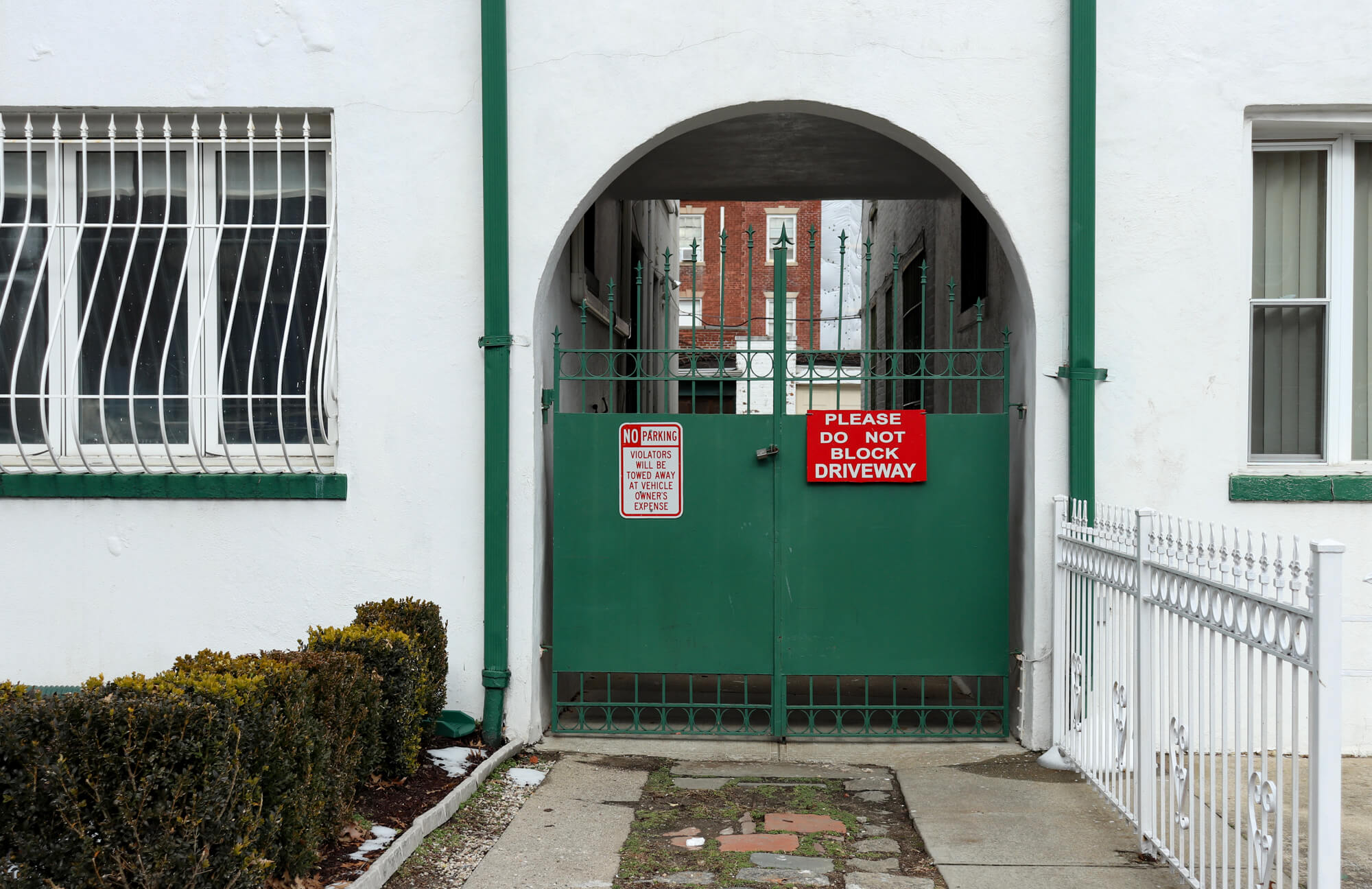
Although diminutive on the exterior, the houses are quite spacious and roomy inside. The interior décor was basically Craftsman, with classic Craftsman-style tile fireplace surrounds and tall wainscoting in the dining room.
The cottages each have a living room, dining room and kitchen on the ground floor, with three bedrooms and a full bathroom on the second floor.
Pierce made good use of the odd spaces, such as in the over-the-driveway arches and in the attic. The houses also have full basements for more family room.
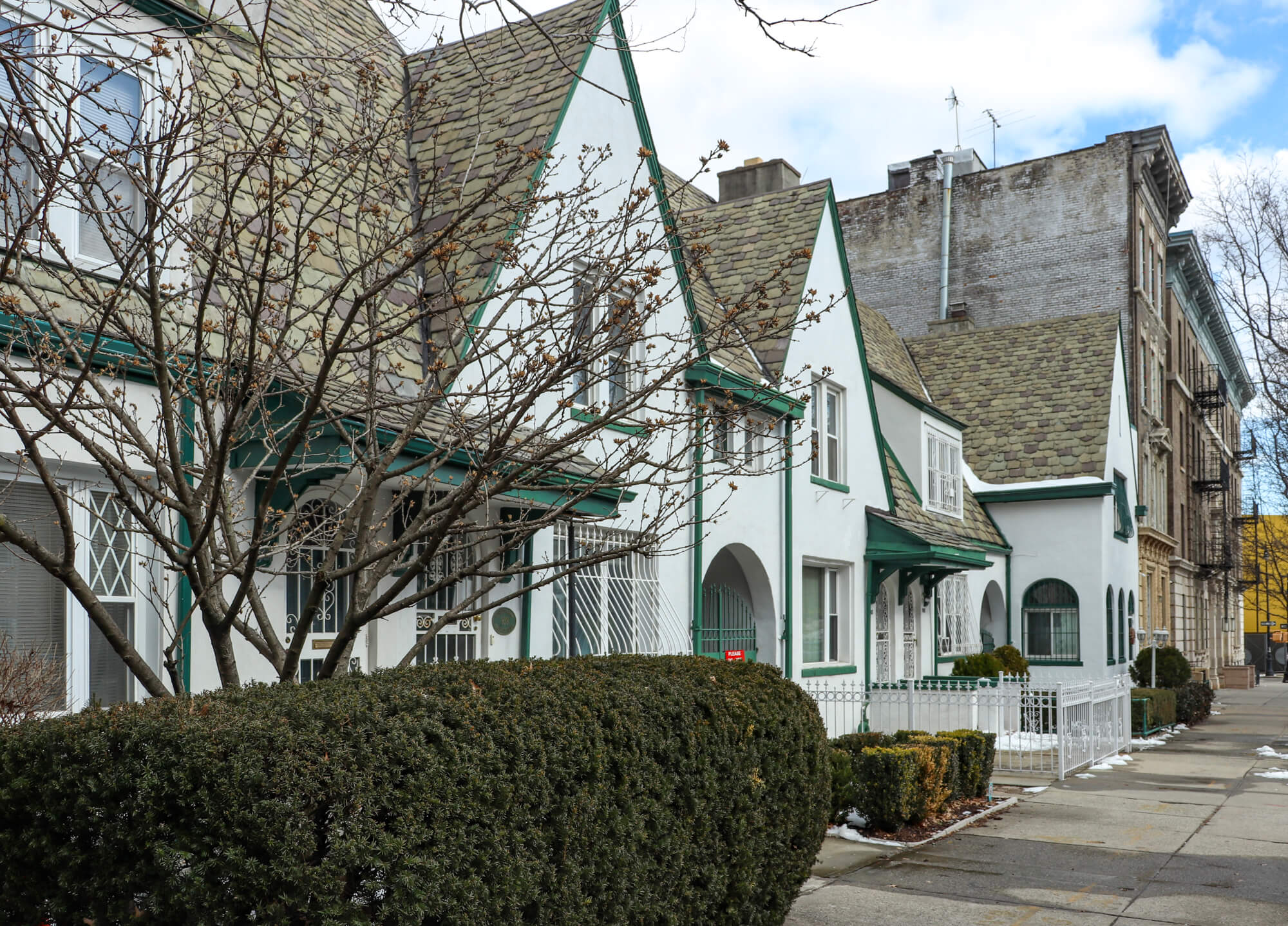
Developers and Owners
The developer and builder of the row was Thomas H. Fraser. He was quite prolific in Brooklyn during the first two decades of the 20th century, building traditional row houses, flats buildings and suburban homes.
His office was on Montague Street, but he lived in Massapequa where he was active in town politics and building projects.
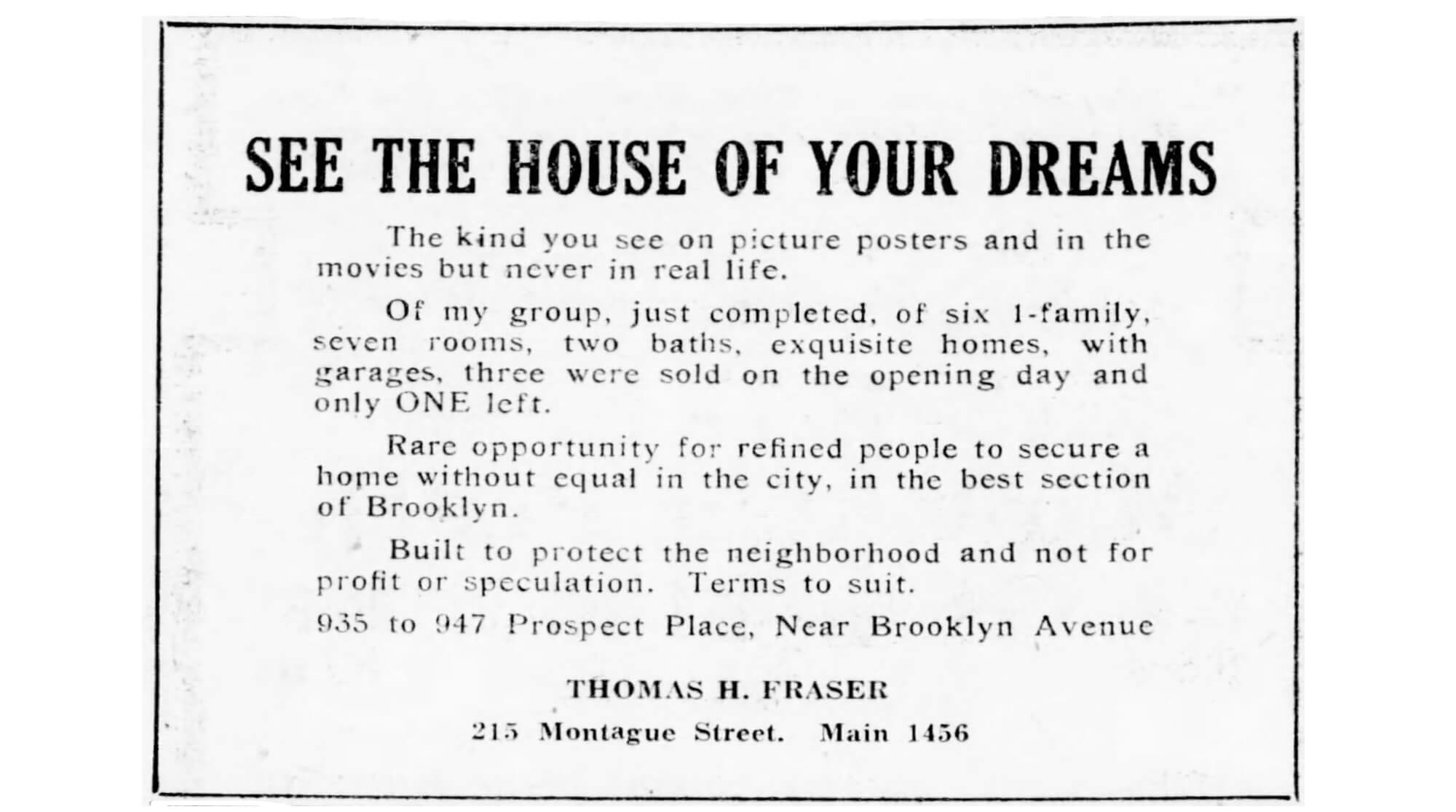
In the course of his career, especially in the early days, he went in and out of financial trouble, going into bankruptcy in 1917. But he emerged, regrouped, got new partners and kept going. These houses were built from 1920-22.
The first owners were all well-to-do society folk; no doubt, the presence of a garage in back of these cottages helped sell to a demographic that could afford one or more vehicles.
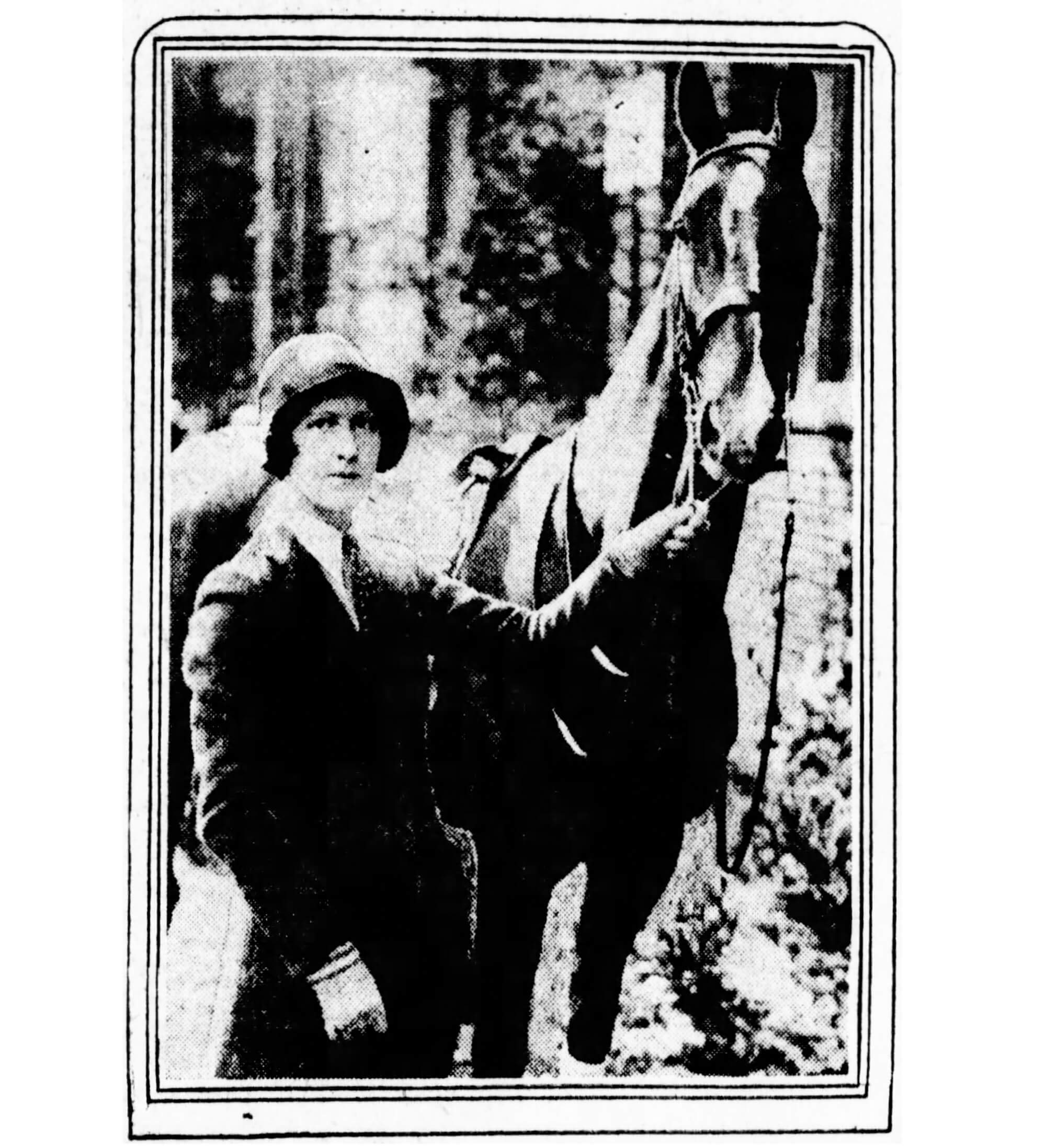
Among the early residents were Mr. and Mrs. Gerard Stafford Smith, who lived in 943. This was their first home after their wedding in 1930. Both sides of the family were wealthy Brooklynites.
Mrs. Smith, formerly Miss Alice Good, was a champion polo player and horsewoman. She was mentioned often as a member of the Riding and Driving Club, the upscale equestrian club in Park Slope. They lived here for six years, leaving in 1936.
945 Prospect Place was home to Albert P. Armour. He was the secretary and treasurer of the family business, the Turner-Armour Company, which manufactured telephone booths.
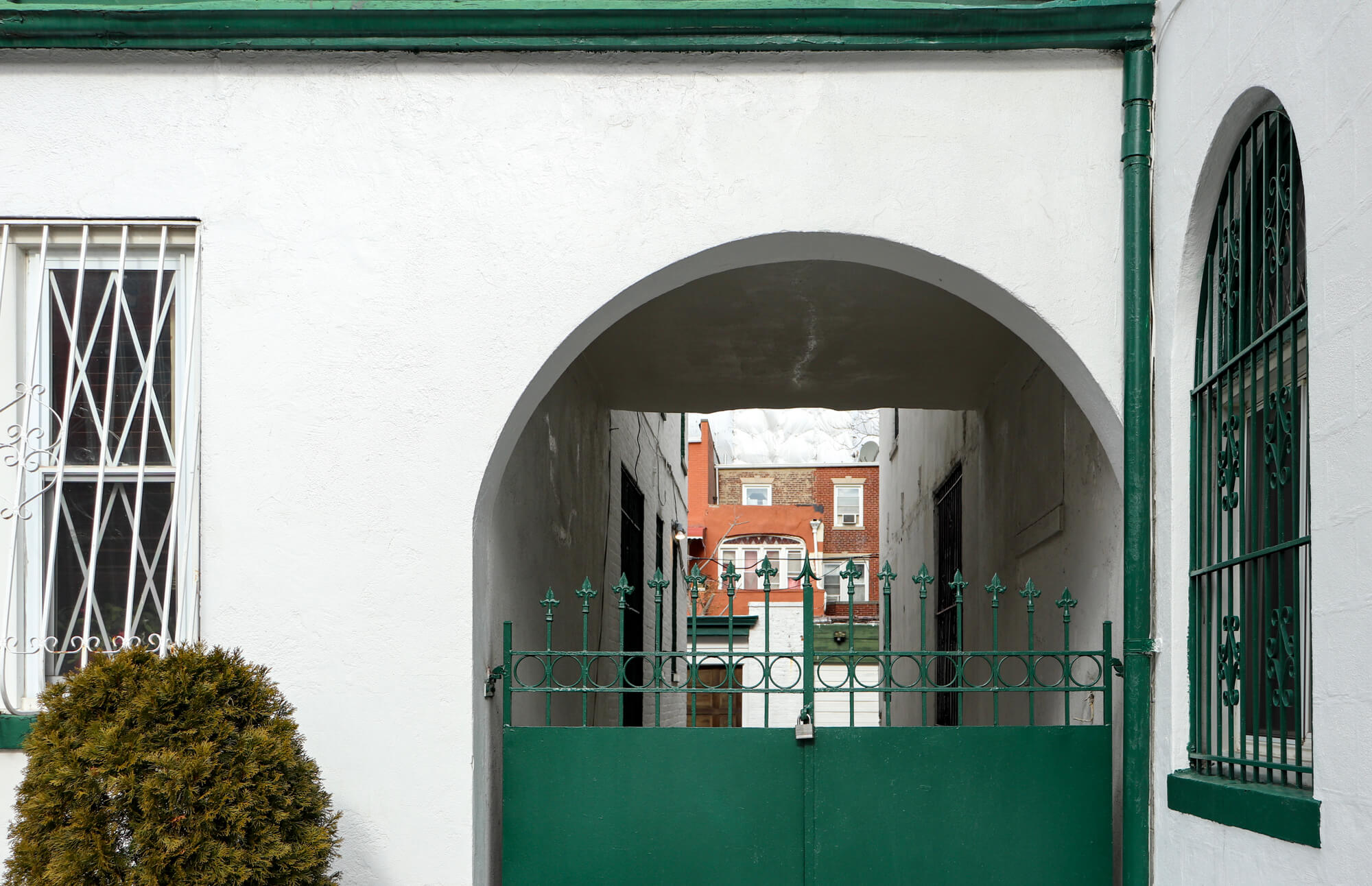
And finally, 947 was the home of Dr. Frank A. Gough, a highly respected orthodontist. He was a pioneer in orthodontia and was the recipient of many honors and awards. He was in practice with his daughter, Dr. Helen A. Gough, one of few women to practice dentistry and orthodontia at that time.
He was also the first Brooklynite to be appointed the District Governor of the Eastern District of New York of Rotary. He and his family lived here from 1928 until his death 10 years later.
The houses have always been well maintained and their garages are the envy of the neighborhood. They are only steps away from Brower Park and the Brooklyn Children’s Museum.
[Photos by Susan De Vries unless noted otherwise]
Related Stories
- A Row of Early 20th Century Two-Family Houses and an Outlier on St. Johns Place in Crown Heights
- The Art Deco Guardian Lions of Banking in Crown Heights
- An Eclectic Wood Frame Surprise on South Elliott Place
Email tips@brownstoner.com with further comments, questions or tips. Follow Brownstoner on Twitter and Instagram, and like us on Facebook.

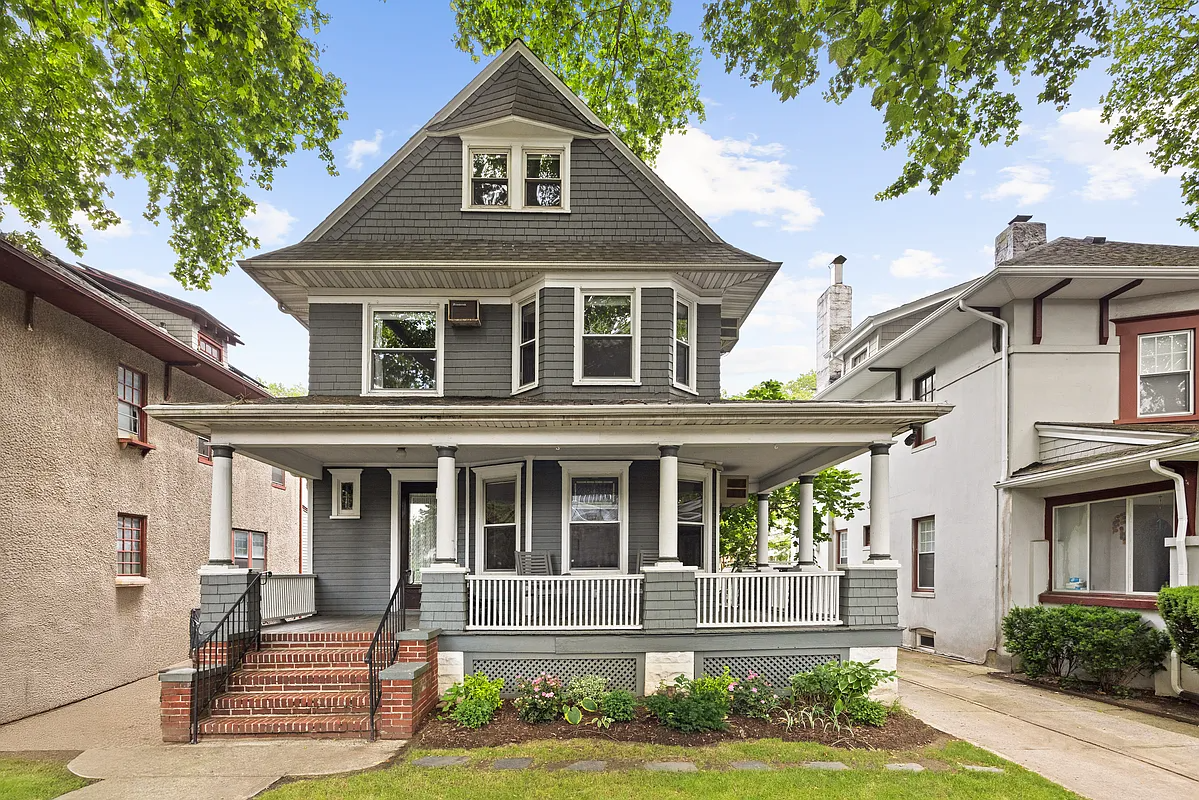
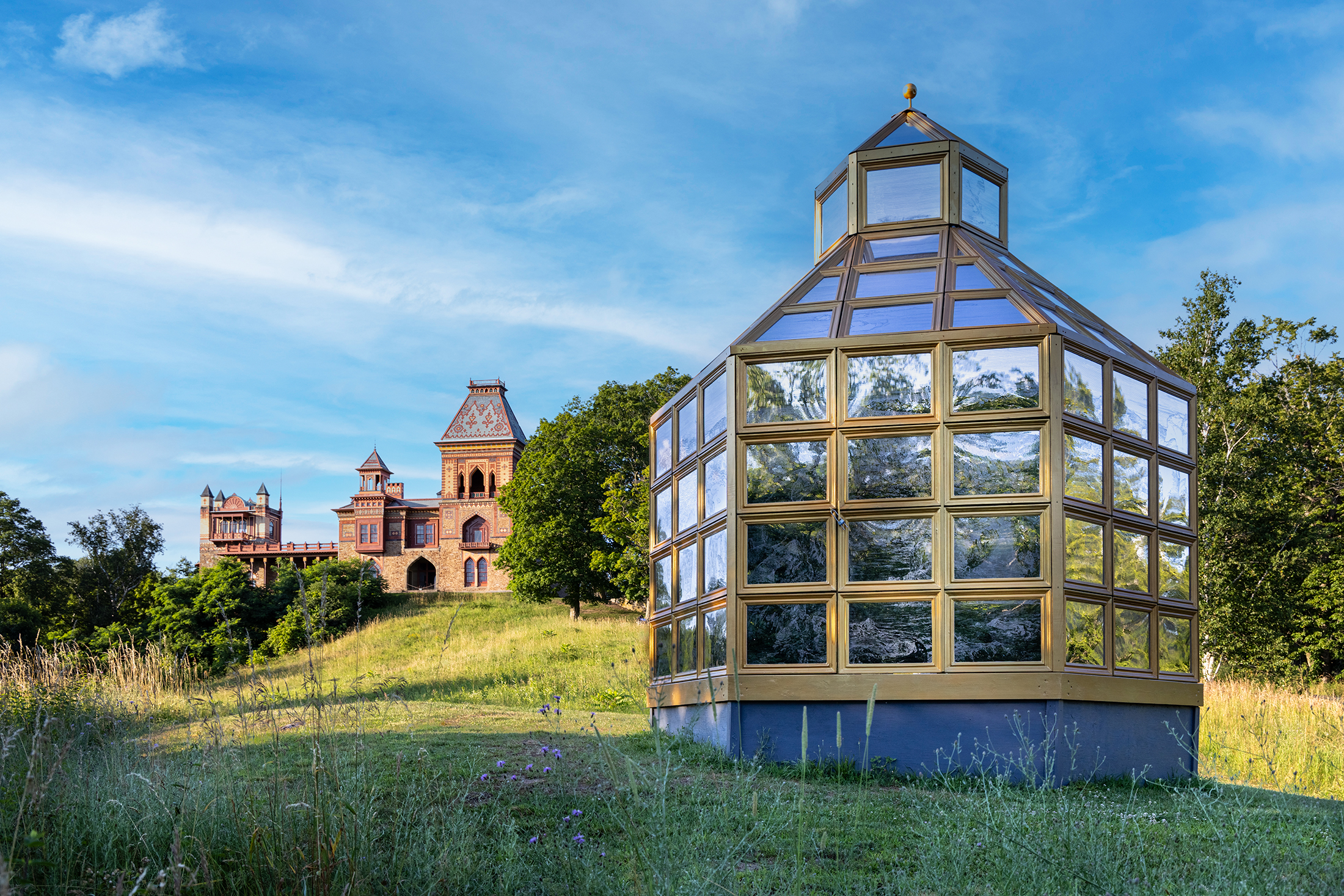

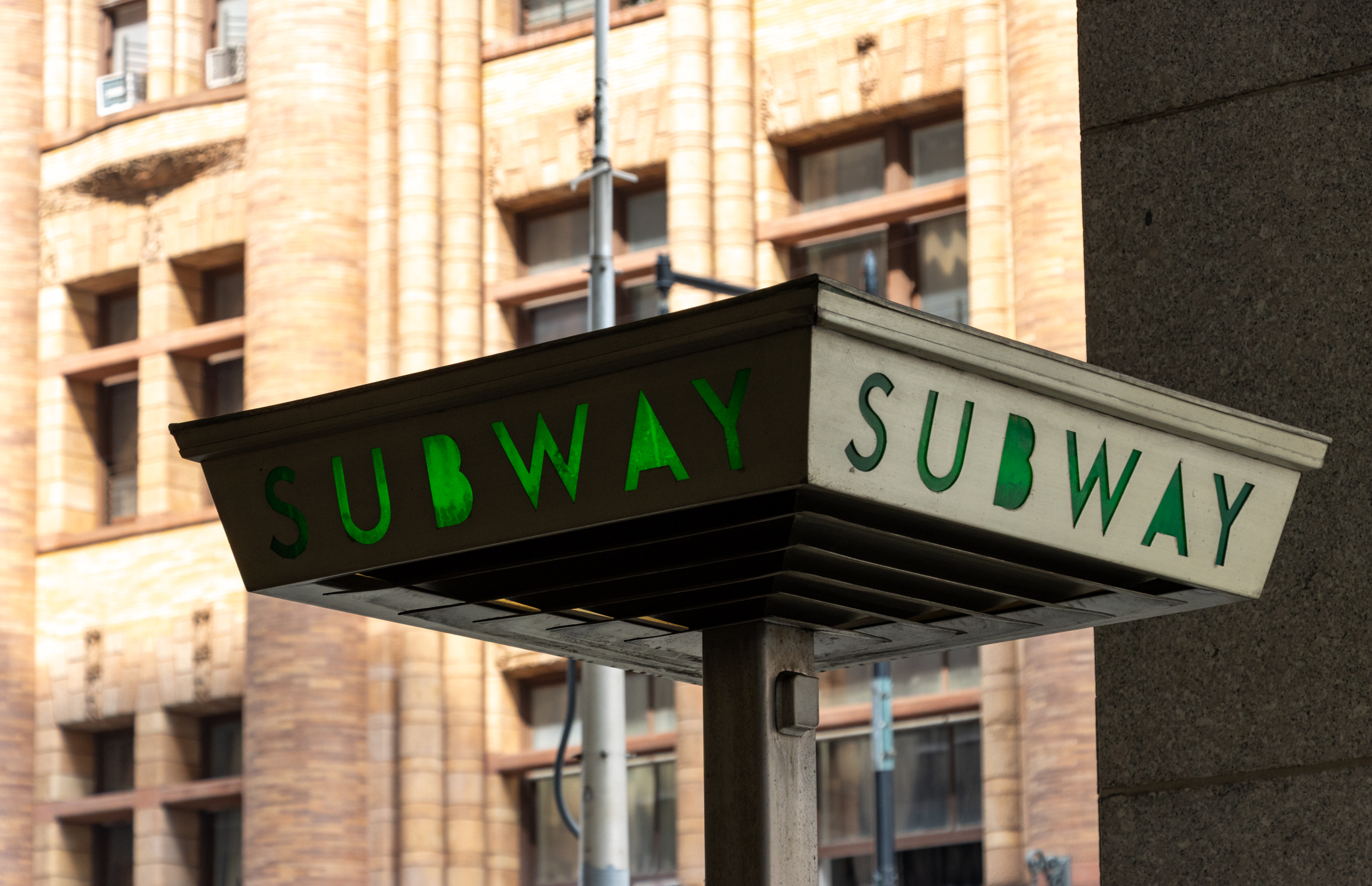
What's Your Take? Leave a Comment